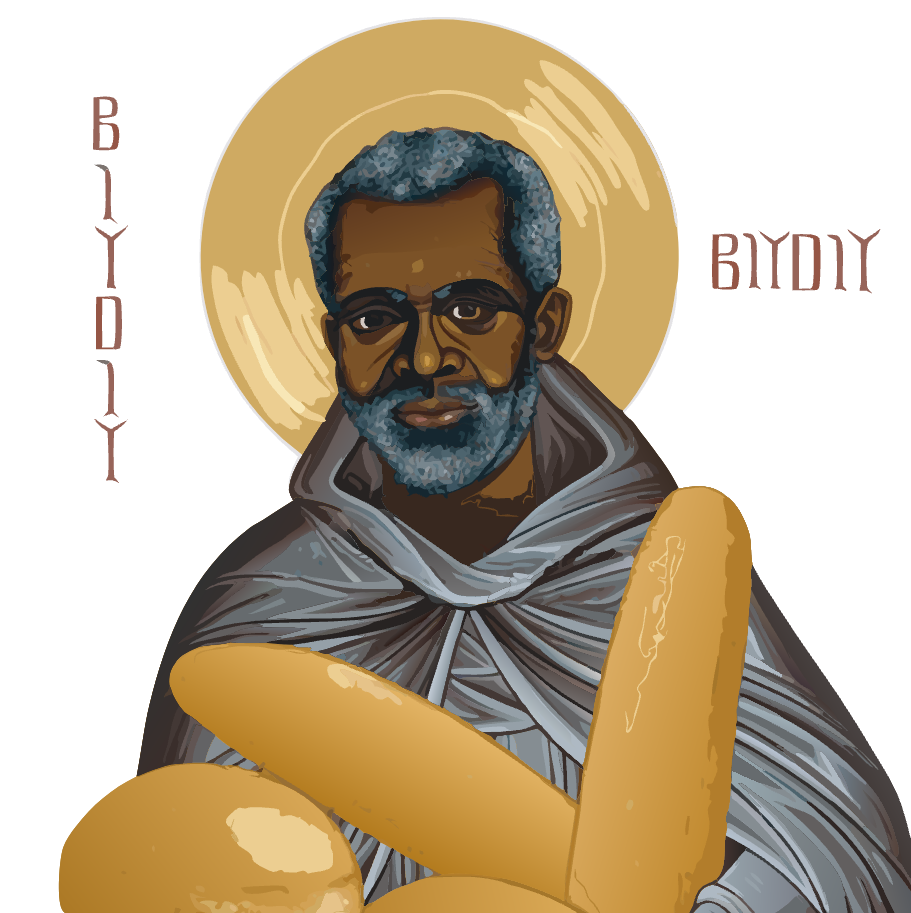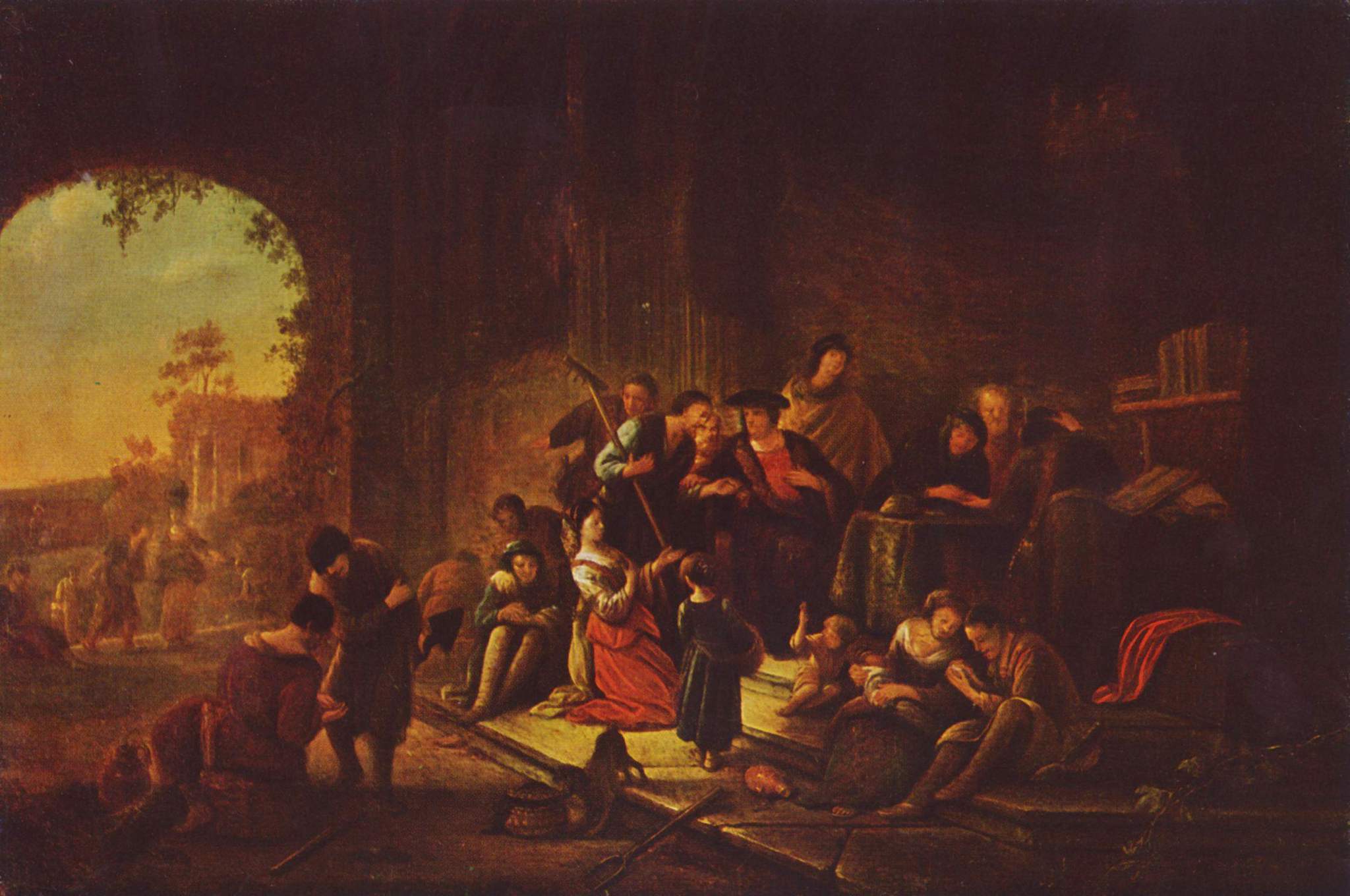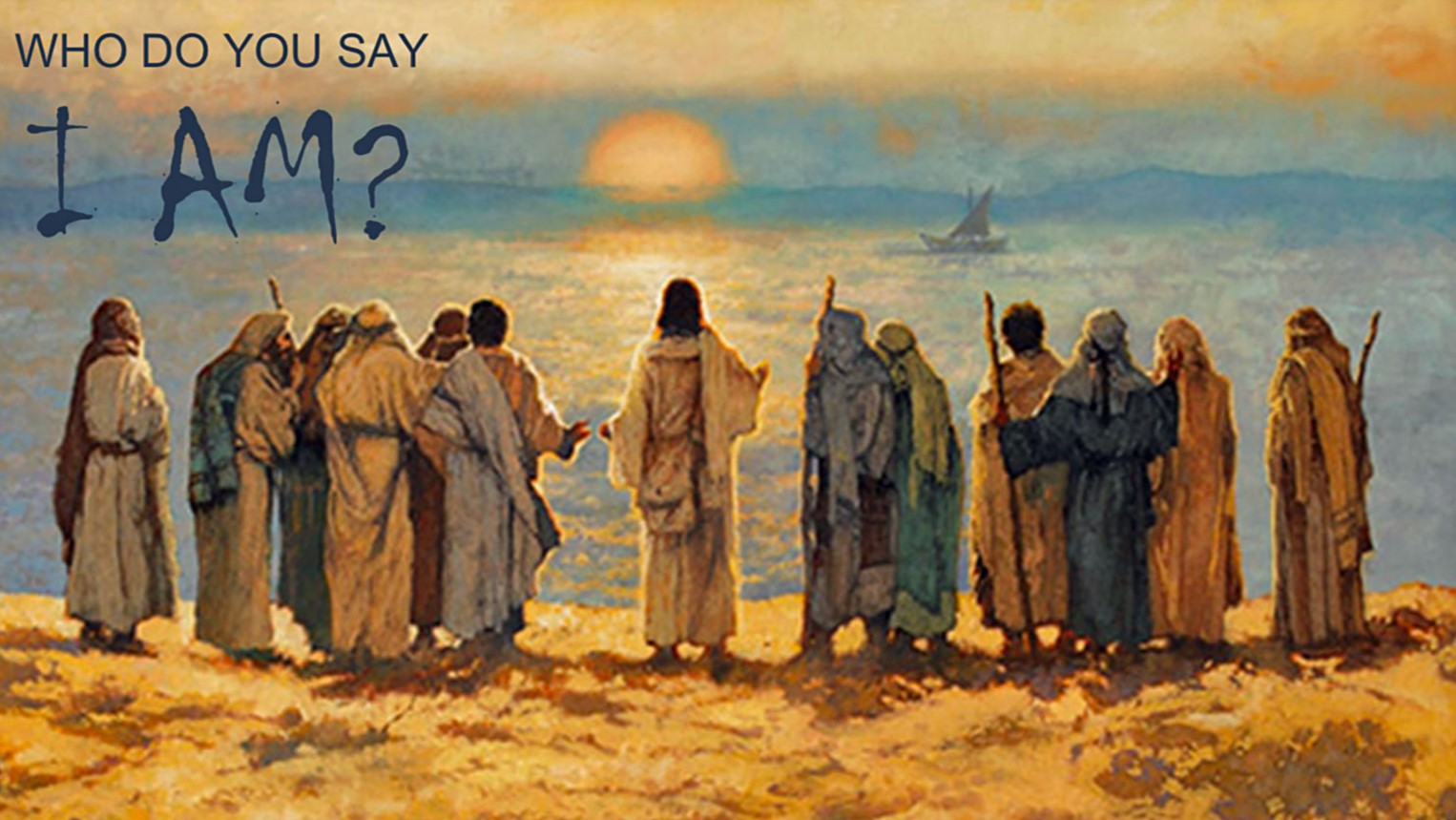Introduction
In the Gospel of Matthew, Jesus often used parables to convey profound spiritual truths. One such parable, the Parable of the Workers in the Vineyard, challenges us to rethink our understanding of idleness, fairness, and God’s boundless generosity. This story takes us on a journey where the keyword is “idle,” but its true meaning goes far beyond mere idleness.
The True Meaning of “Idle”
At the heart of this parable lies the concept of being “idle.” However, it’s essential to grasp that in the Greek term “argos” used in the parable, idleness doesn’t merely mean doing nothing. Instead, it signifies the insignificance of what is being done—the quality of one’s actions. It reflects activities that are futile, in vain, and devoid of value.
In this light, the parable teaches us that faith without works is “idle” (James 2:20). It’s an attitude of going through the motions but not truly making a meaningful impact. It’s a condition where our words and deeds lack value and purpose, serving no one but ourselves. Scripture reminds us that many human deeds can be “idle” because they contribute nothing of value to the world (Wisdom 14:5).
The Eleventh Hour Opportunity
The parable also introduces us to the concept of the “eleventh hour.” In the context of a day divided into twelve hours of daylight and twelve hours of darkness, the first twelve hours represent the time for work. These hours symbolize our earthly existence—a time in which we are called to labor fruitfully (John 9:4; 11:9-10). St. Paul reinforces this by stating that the only valid reason to remain alive is to “bear fruit” (Philippians 1:22).
The workers called at the eleventh hour, late in the day, represent those who seize their final opportunity to avoid the “idle” existence described earlier. It’s a reminder that it’s never too late to turn our lives toward fruitful labor and meaningful contributions, no matter how far along we are in our journey.
The Scandal of the Parable
The parable’s scandal lies in the perceived unfairness of the landowner’s actions. While he gives the first workers what they agreed upon, he appears equally generous to the last workers, which confounds our sense of justice. This seeming partiality of the landowner, who can symbolize God or even Christ Himself, raises questions about the nature of God’s kingdom.
However, the parable’s scandal is meant to prompt us to seek a deeper, less material interpretation. The mistake of the first-hour workers is not in their labor but in their perspective. Their “evil eye” (verse 15) signifies a distorted perception of reality (Matthew 6:23). It reminds us that judging God’s generosity based on human standards often leads to spiritual blindness.
Reflections for Our Lives
The Parable of the Workers in the Vineyard challenges us to introspect. Are we toiling in vain, performing actions without value, or are we bearing good fruit for the Kingdom of God? Do we rush to judge others based on our limited sense of fairness, or can we embrace God’s seemingly scandalous generosity?
Let this parable inspire us to work diligently, not out of fear of idleness, but out of a genuine desire to bear fruit for God’s Kingdom. May our hearts be open to the profound teachings of Jesus, enabling us to see beyond the surface and into the depths of God’s love and grace. Ultimately, may we understand that in God’s eyes, the value of our labor is measured not by hours worked but by the love and goodness we bring into the world.




